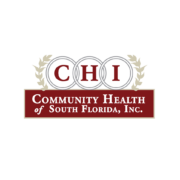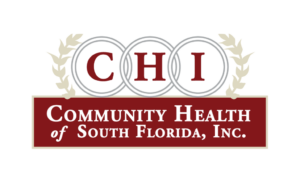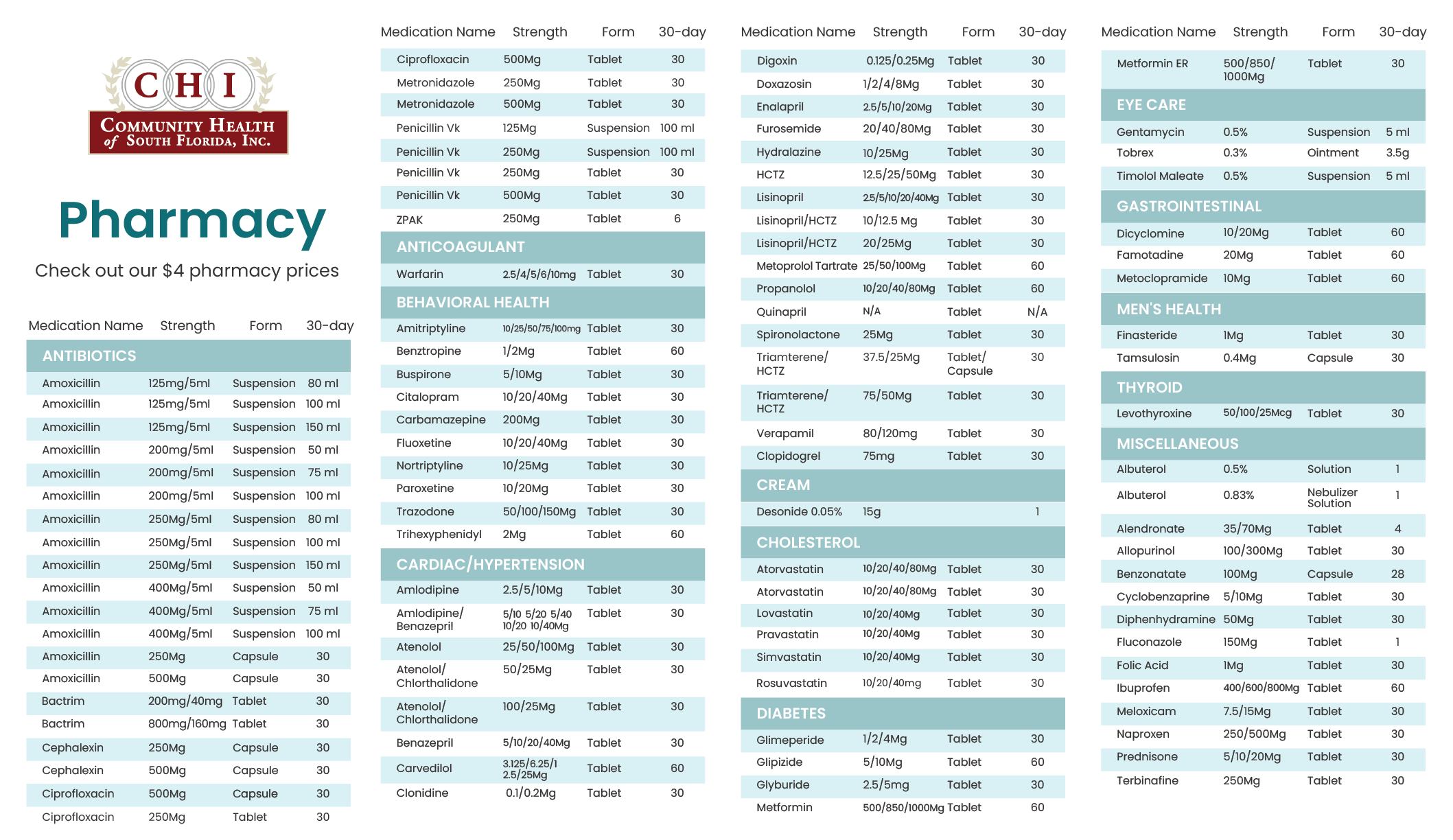The holidays came early in Washington D.C. as legislators in the House voted 361 to 61 to approve $1.63 billion in funding for community health centers for 2019. The Senate previously passed the bill 93 to 7.
The bipartisan support will be combined with $4 billion authorized earlier in the year bringing the total support to $5.6 billion.
“This is tremendous news for Community Health of South Florida, Inc. (CHI) and Health Centers throughout this county,” said Brodes H. Hartley Jr., CHI President and CEO. “Community Health Centers care for some of this nation’s most underserved communities including 13 million people living in poverty. Everyone deserves access to high-quality healthcare.”
The majority of community health center patients are uninsured or publicly insured. Health Centers like CHI are open to everyone, regardless of insurance status or ability to pay. It offers a sliding fee scale option based on a patient’s income to make healthcare affordable and obtainable. In addition, federally qualified health centers like CHI offer a comprehensive set of services such as primary care, pediatrics, OB/GYN, dental, behavioral health, urgent care, vision, pharmacy, laboratory, radiology, and more.
Marina Vacas is one of CHI’s 83,000 patients and among the country’s 28 million community health center patients. She became a CHI patient about 20 years ago. At the time she was unemployed and uninsured and had issues with her cholesterol and calcifications in her breasts.
“It was a relief, recalled Vacas. “I came here, and it was very affordable to have my mammograms or my check-ups, my blood tests, and all that.”
She said if she didn’t have CHI, she likely wouldn’t seek care and her health would suffer. Such is the case for so many patients who now benefit from the newly released federal funding.
“In this country, especially here in Miami Dade, it is very difficult,” said Vacas. “We need these centers.”
The money will help fund quality improvements, expansions, and support for behavioral health and substance abuse disorders.
“We are so very grateful to all lawmakers in both the House and Senate for their dedication and hard work on behalf of the Health Centers Program, and look forward to working with all Members in the coming year to secure long-term, stable funding that ensures the sustainability and success of health centers long into the future,” said Tom Van Coverden, President of the National Association of Community Health Centers (NACHC).
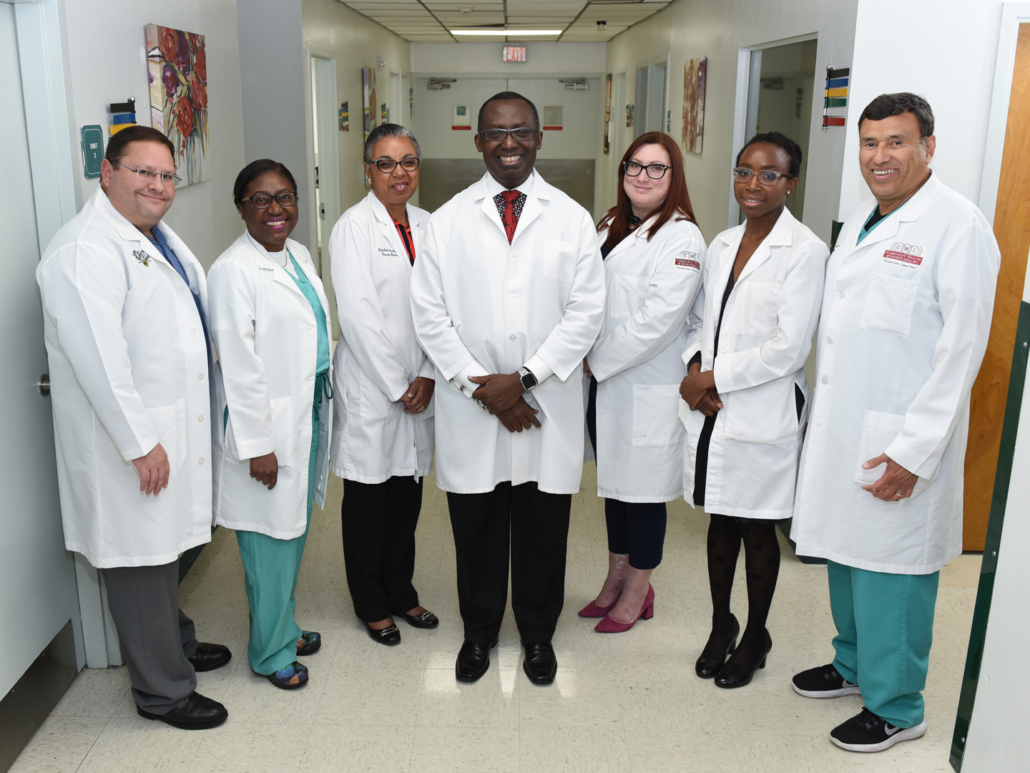
Photo: (Left to right) Manuel Garcia, MD., Molrine Tracey, MD., Elizabeth Philippe, MD., Saint Anthony Amofah, MD., Tamara Wright, MD., Abiona Redwood, MD., Edgard Nunez, MD.
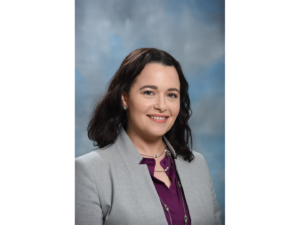 Yvette Casas is the new Director of Managed Care at CHI. The department oversees referrals, HEDIS (Health Effectiveness Data and Information Set), a set of managed care performance measures, Care Coordination, and Comprehensive AIDS Resources and Education Services (CARES). Yvette began the first stage of her career working for Ocean Bank as a lending officer after she received her Bachelor of Science degree in finance from Florida International University. She later returned to school to get her BSN nursing degree from Barry University.
Yvette Casas is the new Director of Managed Care at CHI. The department oversees referrals, HEDIS (Health Effectiveness Data and Information Set), a set of managed care performance measures, Care Coordination, and Comprehensive AIDS Resources and Education Services (CARES). Yvette began the first stage of her career working for Ocean Bank as a lending officer after she received her Bachelor of Science degree in finance from Florida International University. She later returned to school to get her BSN nursing degree from Barry University.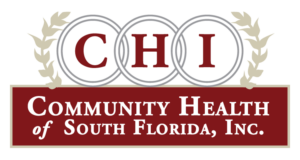

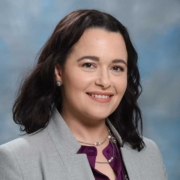
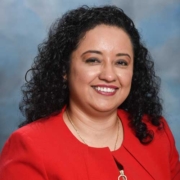
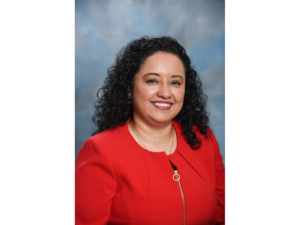 Sandra Reyes is the new Director of Patient Services. Reyes comes with more than 20 years of experience in the Healthcare industry which includes software and administration knowledge.
Sandra Reyes is the new Director of Patient Services. Reyes comes with more than 20 years of experience in the Healthcare industry which includes software and administration knowledge.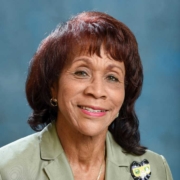
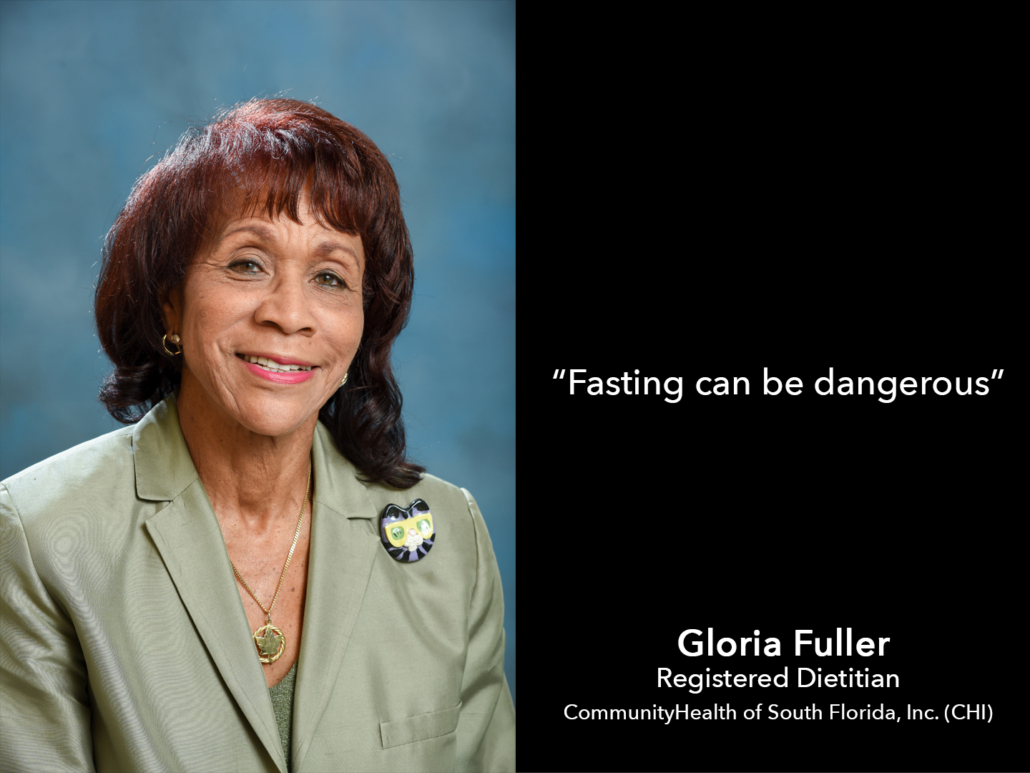 It is that time of the year when everyone wants an easy, fast way to get rid of all the extra pounds gained during the holidays. Some turn to fasting as a way to lose the weight. Those who do it drink only water or juice and avoid food for 24-48 hours. Many religions promote the practice but medical experts caution people from doing it.
It is that time of the year when everyone wants an easy, fast way to get rid of all the extra pounds gained during the holidays. Some turn to fasting as a way to lose the weight. Those who do it drink only water or juice and avoid food for 24-48 hours. Many religions promote the practice but medical experts caution people from doing it.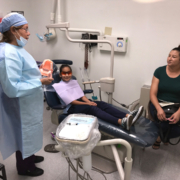
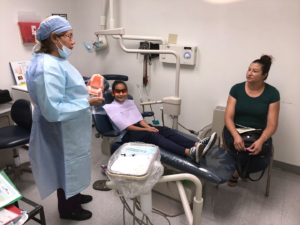 Eight-year-old Genesis Guevara loves to smile and wants to keep her pearly whites healthy. Unlike her 4 siblings, she has never had a cavity. On her regularly scheduled dental cleaning at Community Health of South Florida’s Doris Ison Dental Department, the hygienist suggests that she gets sealants on her back teeth.
Eight-year-old Genesis Guevara loves to smile and wants to keep her pearly whites healthy. Unlike her 4 siblings, she has never had a cavity. On her regularly scheduled dental cleaning at Community Health of South Florida’s Doris Ison Dental Department, the hygienist suggests that she gets sealants on her back teeth.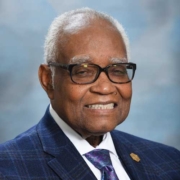
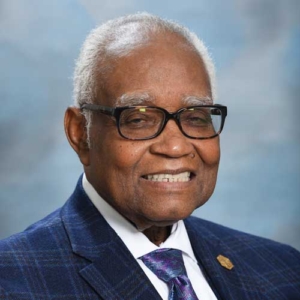 Happy Holidays and Happy New Year to all of you. Its been a tremendous year for Community Health of South Florida, Inc (CHI) and I want to thank you for your support. Our Teaching Health Center graduated its second class of residents in 2018 and became an ACGME accredited program. CHI made national headlines when we hosted Minority Leader Nancy Pelosi for a roundtable discussion with our leadership and patients about access to care. We also started a new forensic program to bridge court services with mental health care. Plus, in 2018, the Health Resources and Services Administration (HRSA) recognized CHI as a Health Center Quality Leader, placing us among the top 30 percent of Federally Qualified Health Centers nationwide in clinical quality measures. Those are just a few of the outstanding achievements of this organization and I could not be prouder of the accomplishments of this team.
Happy Holidays and Happy New Year to all of you. Its been a tremendous year for Community Health of South Florida, Inc (CHI) and I want to thank you for your support. Our Teaching Health Center graduated its second class of residents in 2018 and became an ACGME accredited program. CHI made national headlines when we hosted Minority Leader Nancy Pelosi for a roundtable discussion with our leadership and patients about access to care. We also started a new forensic program to bridge court services with mental health care. Plus, in 2018, the Health Resources and Services Administration (HRSA) recognized CHI as a Health Center Quality Leader, placing us among the top 30 percent of Federally Qualified Health Centers nationwide in clinical quality measures. Those are just a few of the outstanding achievements of this organization and I could not be prouder of the accomplishments of this team.